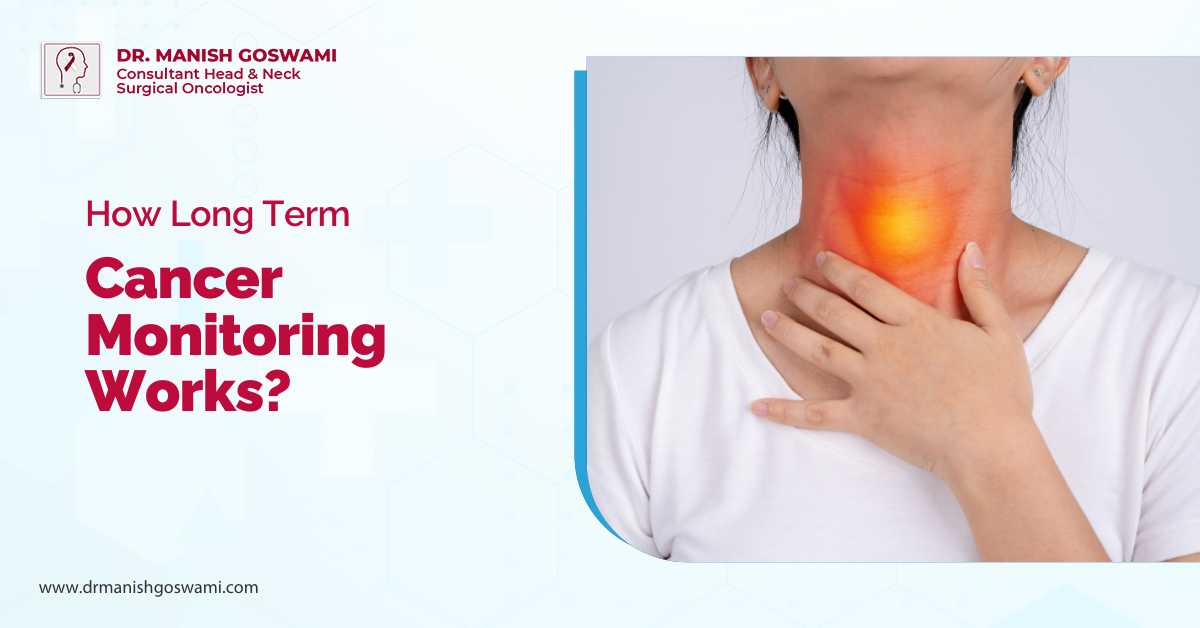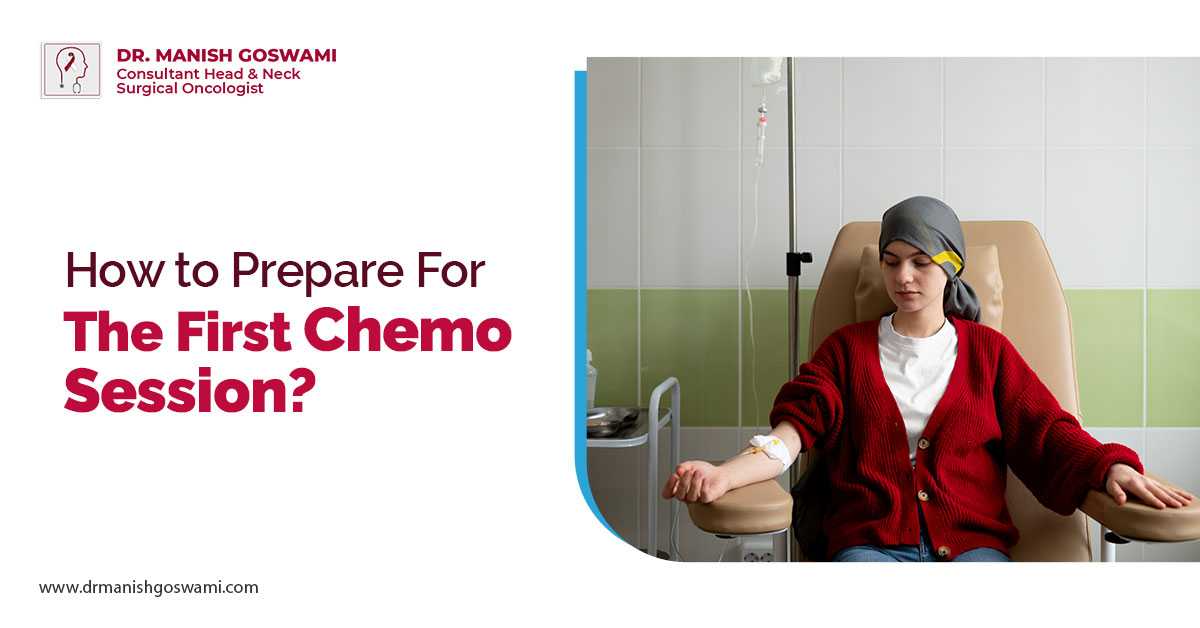Head and neck cancer is a broad category of cancerous tumors that develop in the areas of the head and neck region, that includes your mouth, throat, nose, sinuses, salivary glands, thyroid gland, and lymph nodes.
It is a complex condition that requires proper diagnosis, follow ups and the right treatment options. To understand head & neck cancer, its symptoms, and the various treatment options consult a head & neck oncologist in Siliguri today.
Symptoms Of Head And Neck Cancer
Head and neck cancer can affect different areas, resulting in a wide range of symptoms. Common signs of head & neck cancer include:
- Persistent sore throat
- Difficulty swallowing
- A lump or swelling that persists
- Persistent hoarseness
- Mouth or tongue sores
- Unexplained weight loss
- Prolonged earache
It is crucial to remember that these symptoms may vary depending on the specific location and stage of cancer.
Diagnosis Of Head And Neck Cancer
When facing potential head and neck cancer, an accurate diagnosis is critical for timely intervention. To begin the diagnostic process, your doctor may conduct a thorough physical examination, evaluate your medical history, and order several diagnostic tests.
These may include imaging tests like computed tomography (CT) scans, magnetic resonance imaging (MRI), or positron emission tomography (PET) scans. Additionally, biopsies or fine-needle aspirations may be performed to collect tissue samples for further analysis.
Treatment Options For Head and Neck Cancer
The treatment plan for head and neck cancer will depend on several factors such as the location, stage of cancer, overall health, and the patient's preferences. The treatment options include:
Surgery
Surgical procedures involve the removal of tumors and can vary from relatively simple to highly complex. Surgery may involve removing the affected tissue, and lymph nodes, or reconstructive procedures to restore appearance and function. In some cases, a combination of radiation or chemotherapy may be recommended alongside surgery.
Chemotherapy
Chemotherapy is introduced to destroy cancer cells throughout the body. It is usually suitable for more advanced stages of head and neck cancer or when the tumor has spread to other parts of the body. Combining chemotherapy with surgery and radiation therapy can enhance the chances of a successful outcome.
Radiation Therapy
This treatment can be administered externally from a machine external beam radiation or internally using radioactive materials placed directly into or near the tumor called brachytherapy. Radiation therapy can be used either as the primary treatment or in combination with surgery or chemotherapy.
Targeted Therapy
This treatment strategy utilizes drugs that specifically target cancer cells while sparing healthy cells. It works by interrupting the signaling pathways that promote cancer growth and may be used in combination with other treatments.
Immunotherapy
This innovative treatment approach boosts the body's immune system to fight cancer by using substances either made by the body or in a laboratory. Immunotherapy shows promising results in some patients, particularly those with advanced or recurrent head and neck cancer.
Head and neck cancer represents a multifaceted condition that requires prompt diagnosis and effective treatment. To get the best treatment you can visit your best head & neck oncologist in Siliguri today.
Depending on the location, stage, and characteristics, treatment can comprise surgery, radiation therapy, chemotherapy, targeted therapy, immunotherapy, or a combination of these. A comprehensive treatment plan, significantly improve the chances of successful outcomes for those affected by head and neck cancer.







